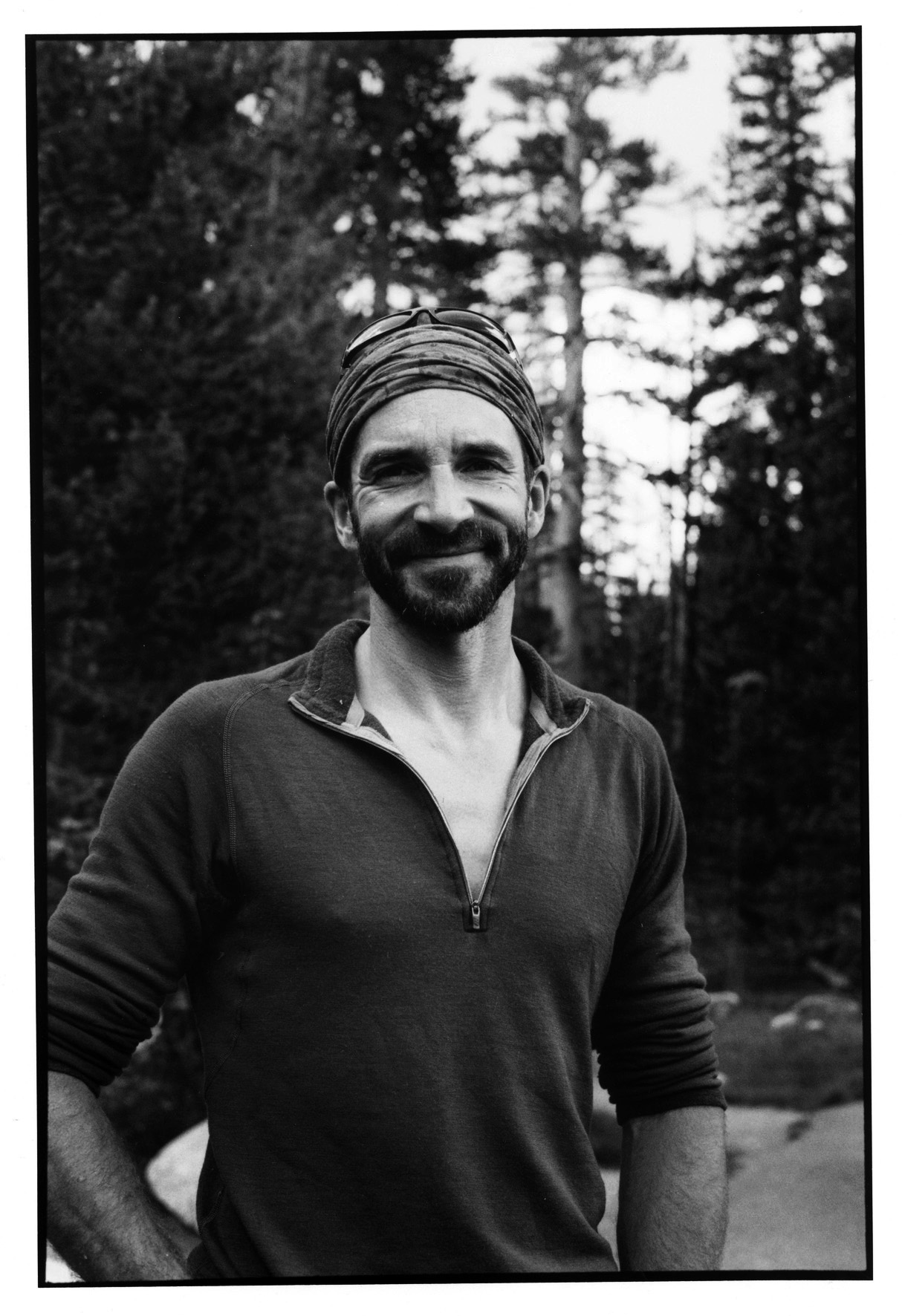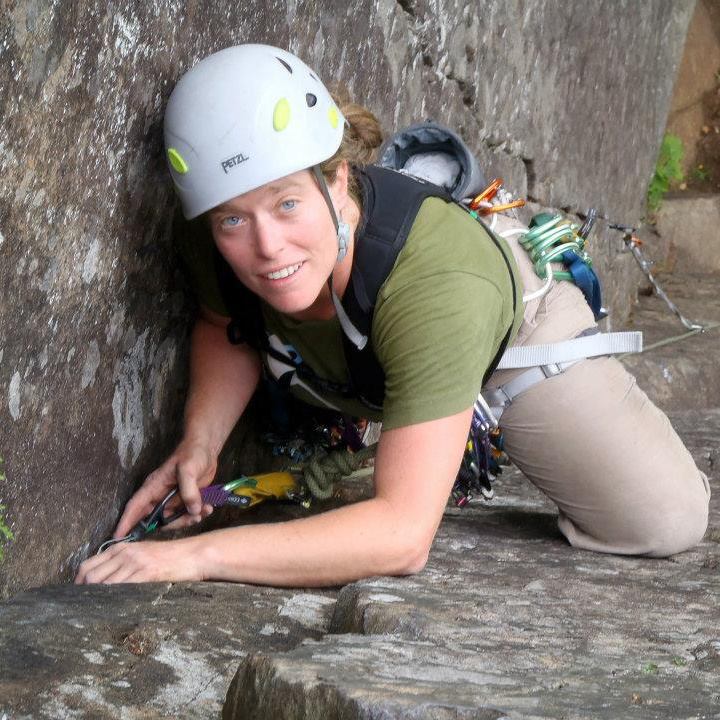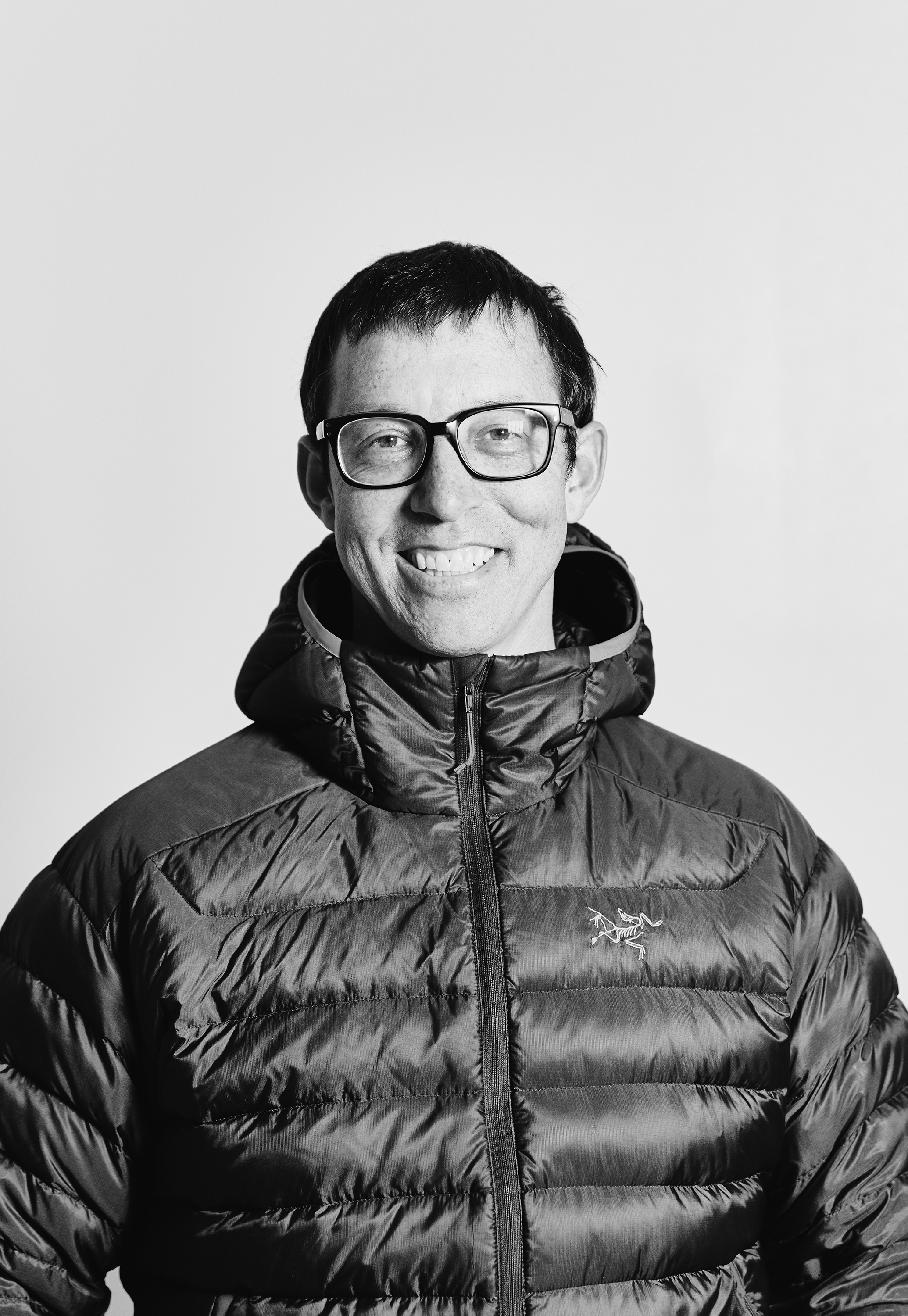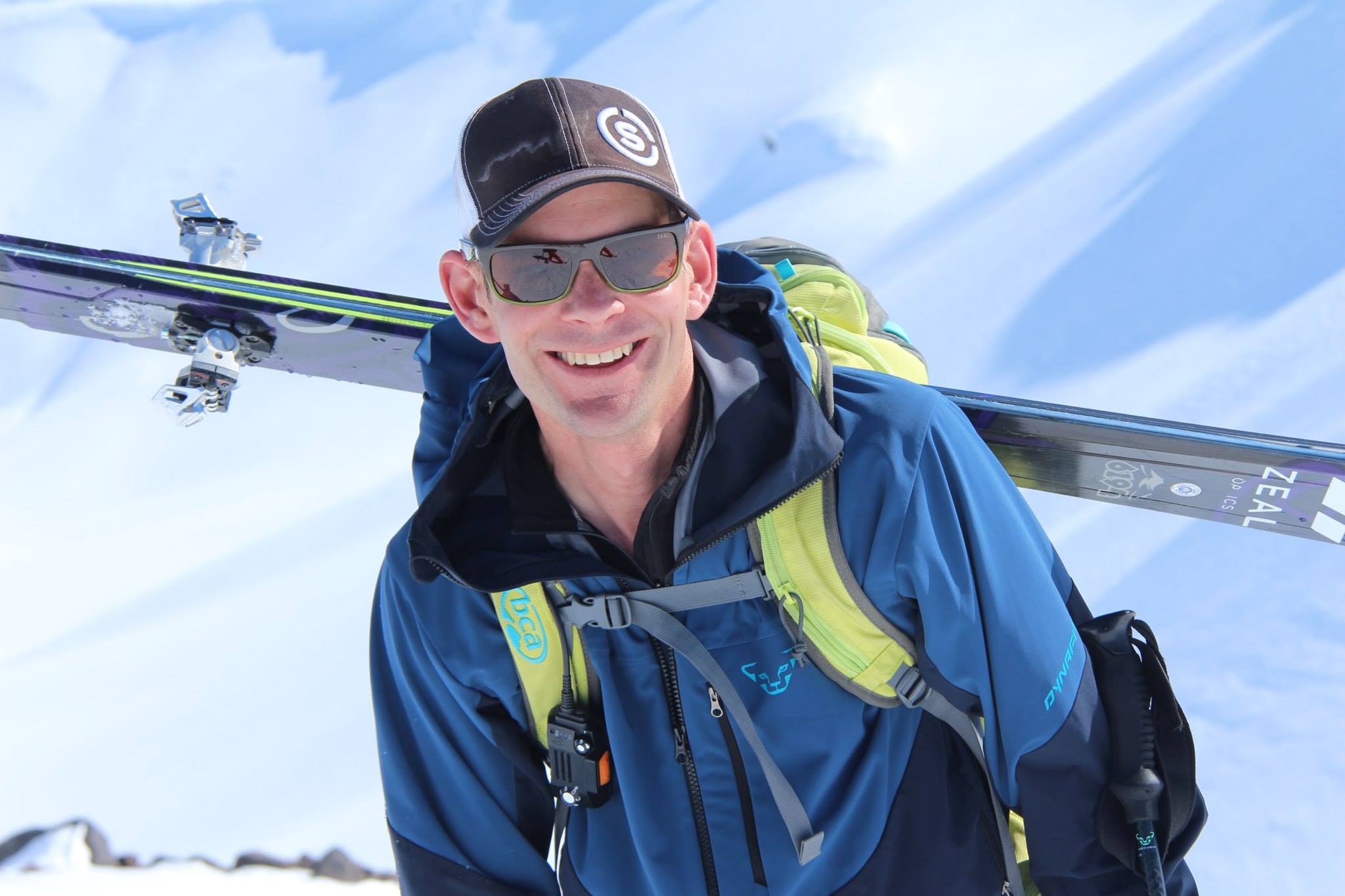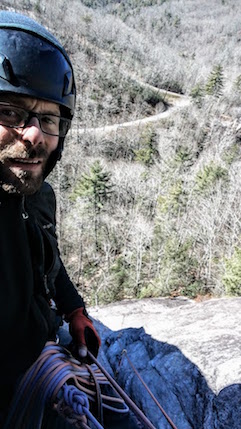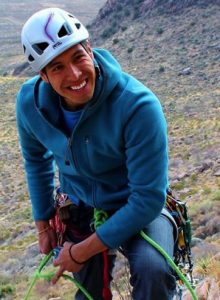Why are affinity courses important?

By: Lila Leatherman, Lamella Consulting
2020
The AMGA is committed to diversity, equity, and inclusion (DEI) principles as a central component of climbing education for guides and instructors. One element of this commitment is dedicated courses for women and LGBTQIA+ people. Called affinity courses, these courses are designed to break down barriers to participation for groups who are underrepresented in the climbing and snow sports community. But what is an affinity course? Why is it necessary? What are the benefits of an affinity course? And, how can you use these ideas in your own guiding practice?
Affinity spaces are designed for people who share a specific identity or experience. Your local climbing gym might have a “women’s night”– this is an example of an affinity space. Affinity spaces can be designed for people who share a similar identity around their gender, their sexual orientation, race, or intersection of various identities. The AMGA’s affinity courses are designed to increase access and mentorship for people whose identities are underrepresented in the climbing and snow sports community.
And why are these courses necessary? It’s no secret that climbing, as a sport, is homogeneous. The American Alpine Club’s State of Climbing Report cites a 2018 survey that indicates that AAC membership is overwhelmingly white people (85%) and men (72%). Non-members of the AAC who took the survey were also vast majority white (82%) and men (57%). Similarly, a 2014 Outdoor Industry Association survey reports that among outdoor climbers, men outnumber women two to one (67% men, 33% women; statistics for other genders were not included in this report). This report confirms what can be observed at most gyms and crags around the country: the climbing and snow sports community is predominantly white men.
For folks who fall outside of these demographics—women, queer people, trans people, people of color, or people with any combination of these identities—it can be difficult to access climbing instruction and mentorship. These difficulties arise from negative experiences in climbing and outdoor recreation that make people feel unwelcome—and unsafe—because of their gender, race, sexual orientation, or other identities. Being scrutinized intensely on a belay test compared to a white male partner, having climbing partners repeatedly use the wrong pronouns, being asked “did you toprope that pitch?” after leading it, driving past a confederate flag on the way to the crag: These are just a few experiences that women, queer people, and people of color have reported. These experiences result in fear, anger, alienation, and self-doubt that makes it hard to participate in climbing or learn new skills, and even harder to stick around and be a mentor for other people with similar identities.
Across identities, safe and dedicated learning environments are essential for learning and developing the skills associated with mountain guiding. In creating these environments, the AMGA considers diversity and inclusion to be a risk management issue. Physical and emotional risks are inherent to climbing and skiing. Mountain guides are trained to evaluate and manage the physical risk and safety of terrain, weather, and technical systems. However, the emotional risk is a bit more complex. Some emotional risk is part of the appeal of climbing–we push past fear and discomfort to finish a climb and experience the joy that accompanies a send. But, emotional safety should be prioritized when it relates to participants’ social interactions within a group, and to how their personal history and identity shape the way they participate in a learning space. When educational spaces are designed without the emotional needs of underrepresented identity groups in mind, they often alienate and hurt the students they’re trying to serve.
Affinity courses bridge this gap to create an intentional and dedicated learning space for underrepresented groups. Instructors for these courses hold underrepresented identities in outdoor rec, as well as demonstrated commitments to diversity and inclusion. And, the benefits are clear. A participant in the Women’s SPI course reported that it “gave me a place to do what I love AND be accepted for who I am.”
The courses also help create safer environments, better partners, and better guides. During the course, ensuring that participants are not distracted by social dynamics or bias beyond their control means they will be better able to learn the material. A previous participant in the Women’s Rock Guide course shared, “When there is more gender balance everything feels more balanced. Groups tend to be more communicative, kinder, safer, more supportive, and more rational.” In fact, having more women in snow travel groups has been anecdotally linked to less risk of being caught in an avalanche. And, even after the course ends, creating groups where everyone feels like their voice is valued means that people will be better able to speak up if they feel conditions are unsafe.
The AMGA creates affinity courses to help give underrepresented folks in outdoor rec a chance to thrive. Affinity courses help mitigate barriers to accessing climbing education, create safer learning spaces, provide mentorship and community among people who are underrepresented in guiding, and train more women, queer people, and people of color who can, in turn, become leaders in the guiding community. These courses facilitate diversity and inclusion by working on the principle of equity–because they are specific to and facilitated by specific groups that are underrepresented in the dominant culture of the AMGA, these courses are better-equipped to meet the needs of those groups. Affinity courses are not the sole solution to creating a diverse and inclusive guiding community but are one way the AMGA affirms our commitment to supporting underrepresented identities in climbing and mountain guiding.
TIPS FOR GUIDES:
- Set the tone early: open lessons and guiding days with pronoun introductions, a land acknowledgment, and group norms.
- Be pro-active about choosing inclusive language. Words like “biner”, or using the wrong pronouns, can have a big effect on clients or students.
- Base your understanding of someone’s skills on a conversation with them, not their appearance. Don’t assume climbing ability based on someone’s race, gender, etc.
- Report unethical and biased behavior.
- Get connected to folks and create authentic relationships in groups with your area doing DEI work.
- If you are in leadership at a guiding company, hire diverse guides, and offer affinity spaces. Support all of your guides with living wages, workers comp, HR and bias response, and professional development opportunities around diversity and inclusion.
- Keep looking for ways to improve. Keep learning about racism, misogyny, queerphobia, ableism, and other factors that shape both our guiding spaces and the world at large.
About the author:
Lila Leatherman is the owner of Lamella, a trans-owned small business that helps your organization welcome and affirm people with diverse identities. They create a space for you to learn the concepts and practice the skills that make your organization more just, equitable, and inclusive.



